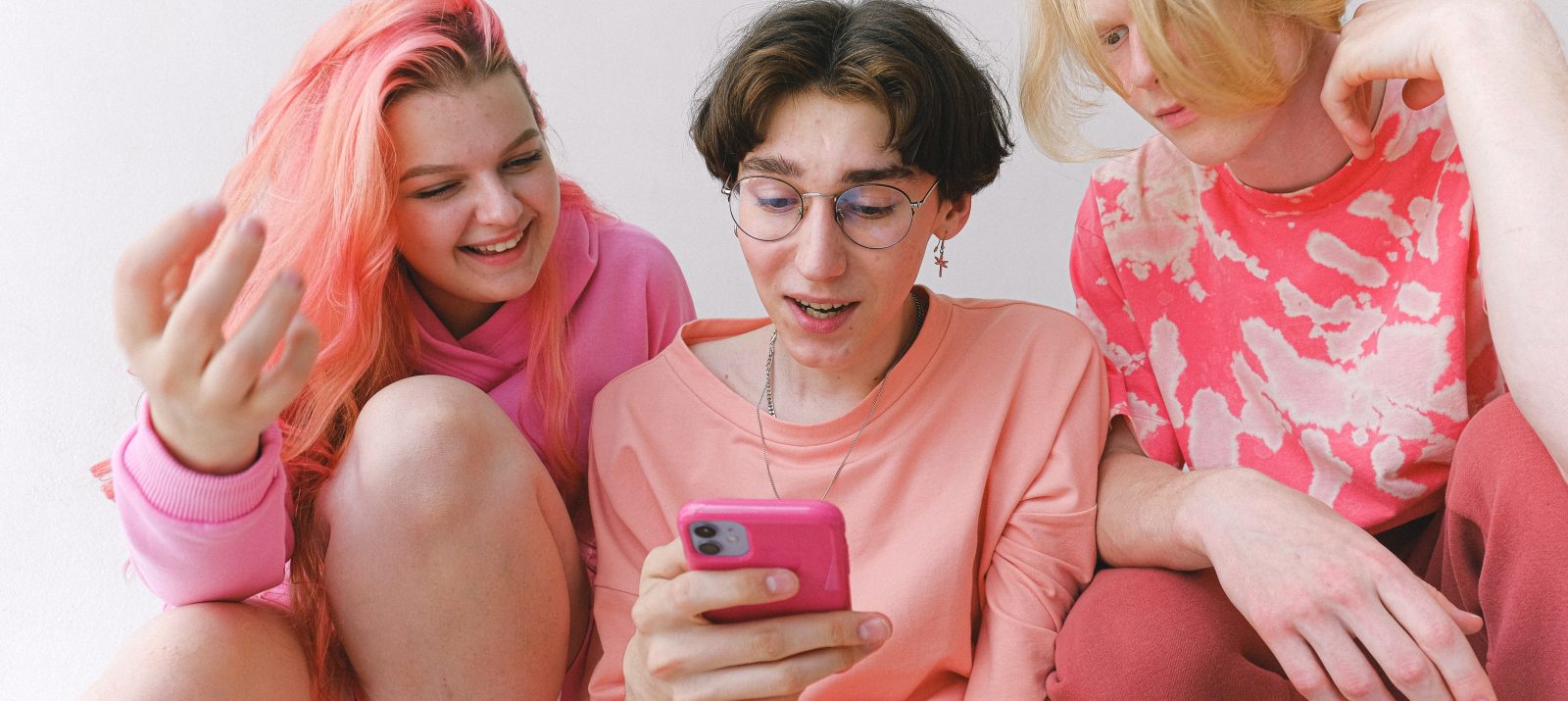
After school, it’s off to the couch to scroll through social media. There are new dance steps on TikTok , little pranks and funny comedy scenes on YouTube and in between a bit of more or less useless knowledge on Instagram . Influencers from the entertainment scene delight us with all this. They offer all kinds of content on their channels to pass the time.
They present themselves on video platforms and social media, reach a huge audience of mainly young people with their content, and create new photos and videos non-stop. But what exactly are they doing there? Influencers in the entertainment scene – unlike their counterparts in lifestyle, DIY or Let’s Play – are not restricted to one topic. You produce content that should do one thing above all: Be fun and entertain. They dance or sing, build or destroy something, make short comedy films, dress up or put on makeup for photos or explain the world to us in a humorous way.
Entertainment is a broad field – and there are a lot of influencers who serve this field. We introduce three social media stars.
One who has been around for a long time is Julien Bam (real name Julien Zheng Kho Budorovits) . The Aachen native has been publishing videos on his channels on YouTube and Twitch and reaches around 6 million followers. He films himself dancing, doing parodies or tricks and special effects, singing and producing comedic films together with other YouTube stars. He does all this so successfully that he earns a lot of money not only through advertising, but now also with his own product line.
Celeste Barber is also a parodist, but with a special twist. The Australian is actually an actress, but is better known to many for her Instagram hashtag#celestechallengeaccepted. She draws inspiration from the – sometimes absurd – images and videos of social media and Hollywood stars and recreates this content in a completely exaggerated way. In doing so, she highlights the differences between the seemingly perfect bodies presented and her own unadorned exterior. With this, she inspires almost 10 million fans.
His videos are mainly fast, loud and funny: Kaan.etm has been on TikTok since 2020 and posts short videos there in which he often plays various roles himself in different disguises. He takes aim at clichés, everyday situations or other people, re-enacts everyday situations and repeatedly promotes products in between.
For children and young people, entertainment channels offer that above all: pastime, fun and distraction. What the afternoon talk shows on private stations were in the days of linear television, young people are now doing on YouTube and the like.
But such influencers are more than that for their fans. Their high reach makes them identification figures and role models. They set trends and themes, dock onto the questions and needs of their young target group and offer answers and life models. And last but not least, they are celebrities in the schoolyard: if you want to have a say, you should know them.
For parents, the content on entertainment channels can sometimes seem a little alienating: from silly to lowbrow to dangerous, there’s all kinds of stuff, and not all of it elicits enthusiasm from adults.
In principle, this is not a problem: Content for young people does not have to – and should not – please parents, and that’s fine. Stay in conversation with your child and ask what fascinates your child about your idol. If you don’t like something, take a stand. Especially in the case of dangerous activities such as borderline Internet challenges or dubious opinions such as conspiracy myths, your child needs the comparison with other positions in order to better reflect and form his or her own opinion.
The reality content of many videos should also definitely be questioned together. Behind seemingly spontaneous entertainment videos is an elaborate production and everyday-looking content is usually staged. Educate your child about what’s behind the funny content. Promote your child’s media literacy by taking a step back together and also critically questioning entertainment channels.